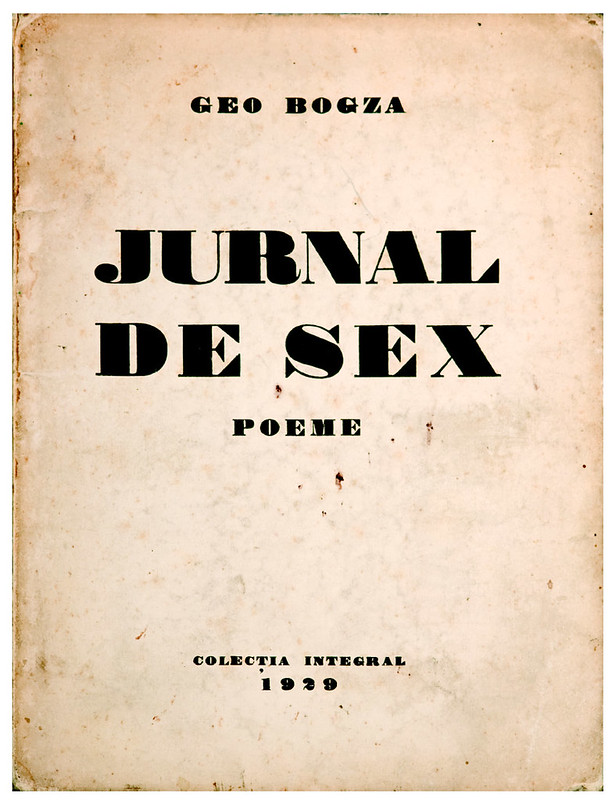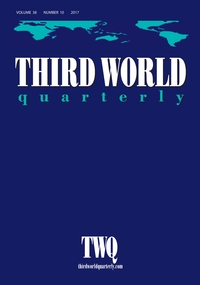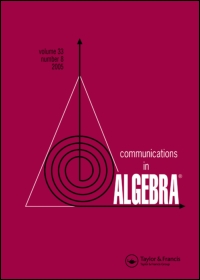A journal quietly retracted two papers after a six-month Retraction Watch investigation linked them, and two of the journal’s editors, to the Indian paper mill iTrilon.
Based in Chennai, iTrilon hawks authorship of “readymade” publications to scientists “struggling to write and publish papers in PubMed and Scopus-Indexed Journals.” The company, whose website disappeared following our exposé in Science, claims to have connections at journals that allow it to guarantee acceptance of many of its papers.
The two retracted papers – “Evaluation of the neuroprotective activity of citral nanoemulsion on Alzheimer’s disease-type dementia in a preclinical model: The assessment of cognitive and neurobiochemical responses” and “Therapeutic effects of quercetin-loaded phytosome nanoparticles in a preclinical model of Parkinson’s disease: The modulation by antioxidant pathways and BDNF expression” – had both been put up for sale by iTrilon before they appeared last year in the non-indexed journal Life Neuroscience.
We published the matching ads last week in a companion piece to the Science article that linked a professor and dean at a university in Spain to several iTrilon papers. The dean, Dionisio Lorenzo Lorenzo Villegas of Universidad Fernando Pessoa-Canarias, in Las Palmas, acknowledged paying the paper mill, but said he thought the money was meant to cover article-processing charges. He has since taken down his LinkedIn profile.
Continue reading Journal pulls papers following Retraction Watch investigation


 A journal has withdrawn an essay
A journal has withdrawn an essay 


